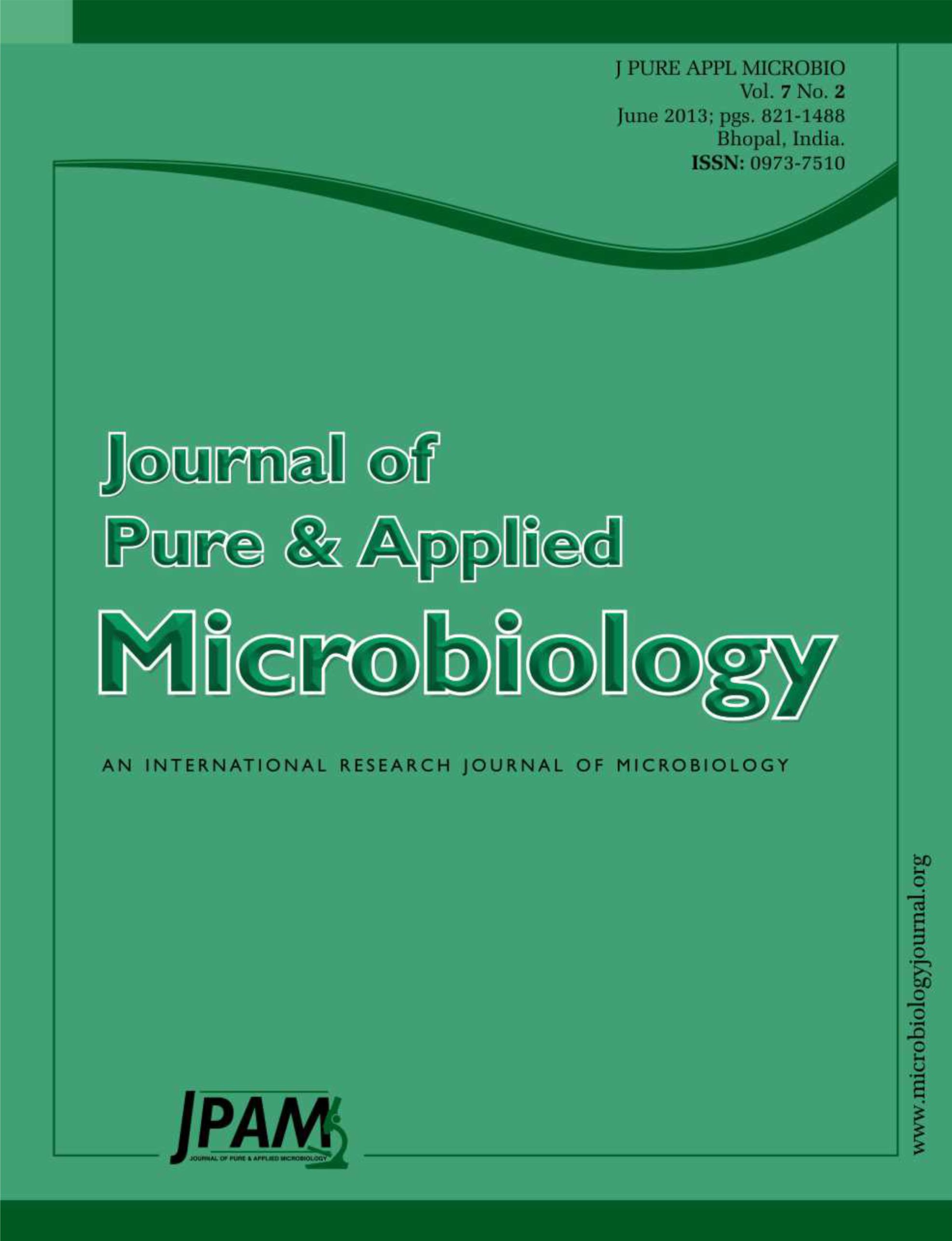A study on the incidence of bacterial meningitis among hospitalized children in Obafemi Awolowo University Teaching Hospitals Complex, Ile-Ife was carried out using standard microbiological techniques. A sum of one hundred and thirty-five patients with the age range from 1 hour to 8 years was involved in the study and was placed in classes; the highest study class being 41.5 % ranged from 1 hour to 6 days, followed by age range 1 year to 4 years (25.9 %). Three of them (2.22%) showed positive presence of bacterial pathogens in their cerebral fluid (statistically non-significant (p ³ 0.05) but medically important). These three positive patients were between the 1< 12 months (33.3%) and <4 years to 8 years (66.7%). Two isolates of recovered were resistant to ampicillin, chloramphenicol, streptomycin and gentamycin, cotrimoxazole but sensitive to ceftriazone, augmentin, cefixime and ofloxacin. At least one of the isolates was resistant to cloxacillin, cephalexin and ceftazidine. The only Haemophilus influenzae recovered was resistant to ampicillin, cloxacillin, chloramphenicol, streptomycin, cotrimoxazole, cefixime and erythromycin but sensitive to gentamycin, cephalexin, ceftrazidime, ceftriaxone, augmentin and ofloxacin. Multiple antibiotic resistance index (MARI) of S. pneumoniae (n=2) were 0.57 and 0.43 while H. influenzae (n=1) had MARI of 0.50. These showed the isolates to be of high risk sources and suggestive of prior antibiotic abuse. The incidence of Meningitis is unusual in the study area and suggests the need for proactive health control measures against rare infections.
meningitis, Streptococcus pneumoniae, Haemophilus Influenzae, children, antibiogram
© The Author(s) 2014. Open Access. This article is distributed under the terms of the Creative Commons Attribution 4.0 International License which permits unrestricted use, sharing, distribution, and reproduction in any medium, provided you give appropriate credit to the original author(s) and the source, provide a link to the Creative Commons license, and indicate if changes were made.


